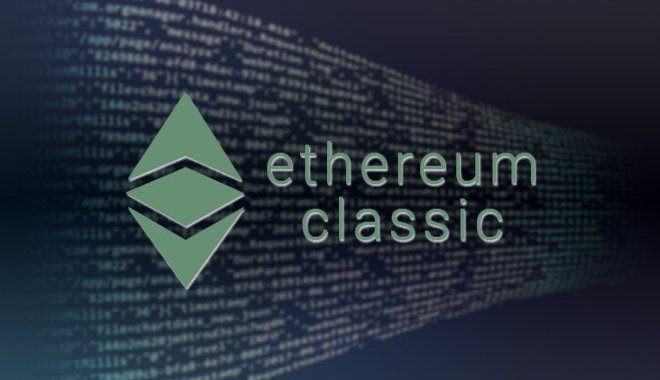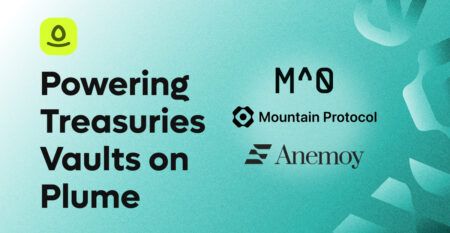Donald McIntyre, the founder of Etherplan, a blog and resource for videos explaining how blockchains, sidechains, and decentralized applications (DApp) function, recently argued that Ethereum Classic (ETC) has “an incredibly unique market positioning in an extremely valuable niche.”
Ethereum Classic has an incredibly unique market positioning in an extremely valuable niche:#ETC #EthereumClassic #TuringComplete #PoW #CodeIsLaw #Immutability pic.twitter.com/QdC5kkV27o
— Donald McIntyre⚡️ (@TokenHash) October 1, 2018
McIntyre explained (by sharing a diagram) that the Ethereum Classic platform is the only major (fully) proof-of-work (PoW) and Turing Complete blockchain-based cryptocurrency network. The former senior vice president at Morgan Stanley noted that Ethereum Classic’s unique properties, or characteristics, make it “perfectly suitable for decentralized computing.”
Will “Always” Be Proof-Of-Work
As the Ethereum (ETH) blockchain begins its transition from PoW to proof-of-stake (PoS), McIntyre wrote that Ethereum Classic (the original Ethereum still using the same blockchain following the DAO attack) will “always be PoW” and it has a “fixed monetary supply” – meaning there will be a finite number of ETC issued.
McIntyre also argued that Ethereum Classic has “the same security philosophy as Bitcoin” while its “governance model is emergent open-source adoption.” In response to the former UBS Securities vice president, Twitter user @theonevortex said that Ethereum Classic was too “niche” and that cryptocurrency projects require consistent ongoing development.
McIntyre acknowledged that crypto platforms need regular contributions from competent developers and pointed out that ETC does have “a vibrant community.” He revealed that Switzerland-based ETCDEV, a team of computer programmers working full-time on Ethereum Classic core development, has grown from only 4 developers to 11.
McIntyre also pointed out that, in total, there are 38 developers actively working on improving and updating the Ethereum Classic network. The crypto blogger further mentioned that IOHK, a large tech company focused on developing peer-to-peer (P2P) financial services, was also actively contributing to the ongoing development of Ethereum Classic.
Better Roadmap Than All Other Smart Contract Platforms
Other teams or organizations assisting in the crypto platform’s maintenance and enhancements include ETC Labs, ETC Cooperative, and Grayscale. McIntyre claims:
ETC has very active development and a much more sound roadmap than any other smart contracts platform.
He noted that there are many tools to help programmers make contributions to Ethereum Classic’s codebase. For instance, there’s a software development toolkit (SDK) called Emerald that allows application developers to build DApps that can be deployed on the Ethereum Classic blockchain.
McIntyre also mentioned that ETC’s developers are working to help the Ethereum fork scale effectively. Orbita is a sidechain protocol being worked on that could potentially allow Ethereum Classic to scale via layer-2 solutions – instead of interfering, or compromising, the mainnet.
Come build on $ETC!🔌
Create an Orbita or sidechain and run your own custom network on top of ETC https://t.co/7rrt7YpZWG— Ethereum Classic (@eth_classic) September 21, 2018







